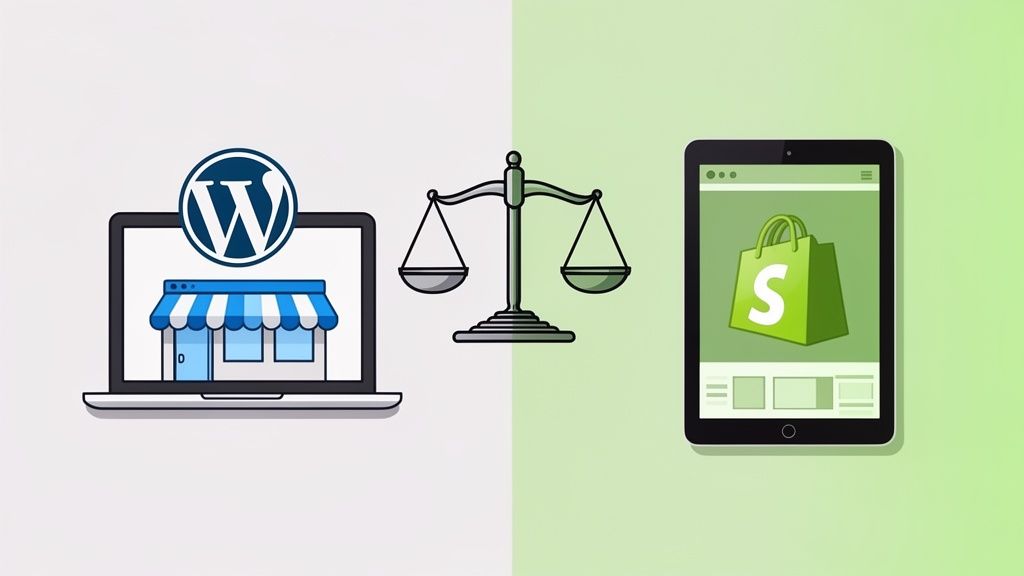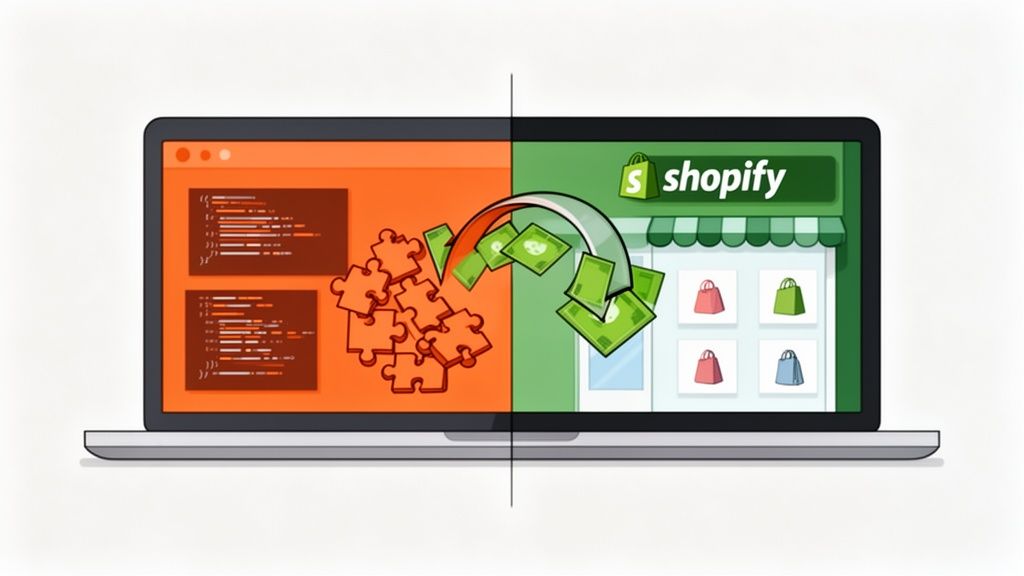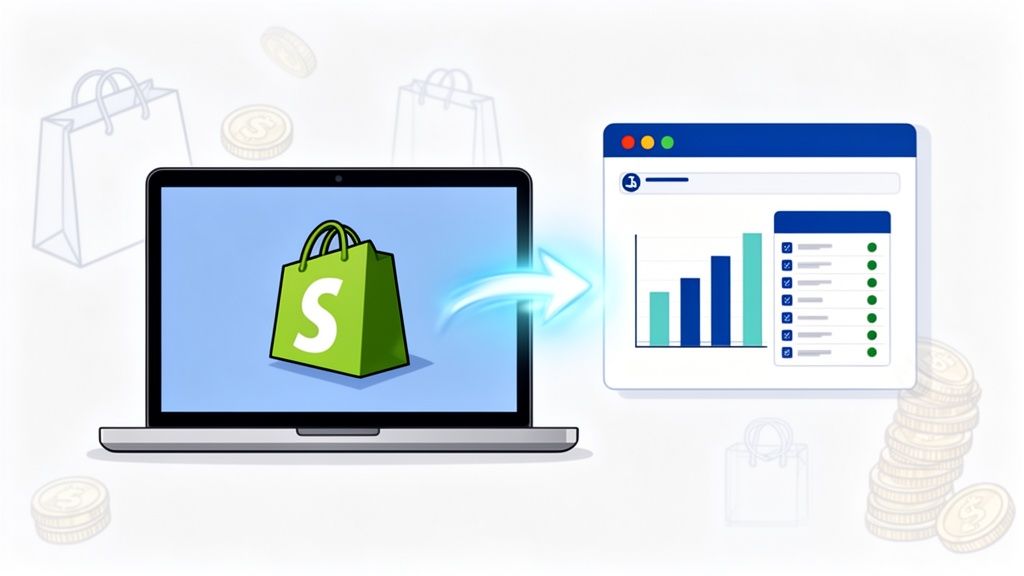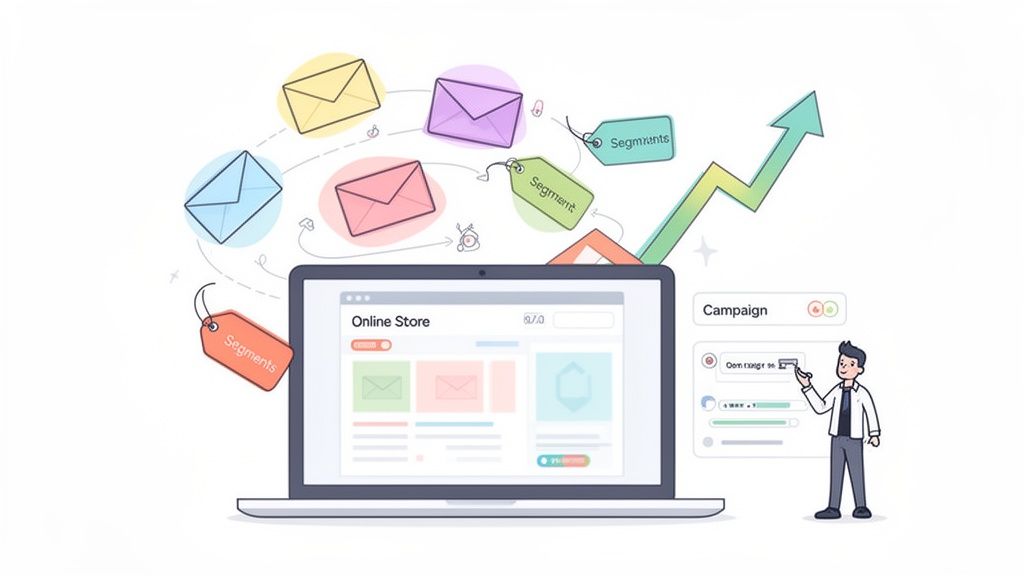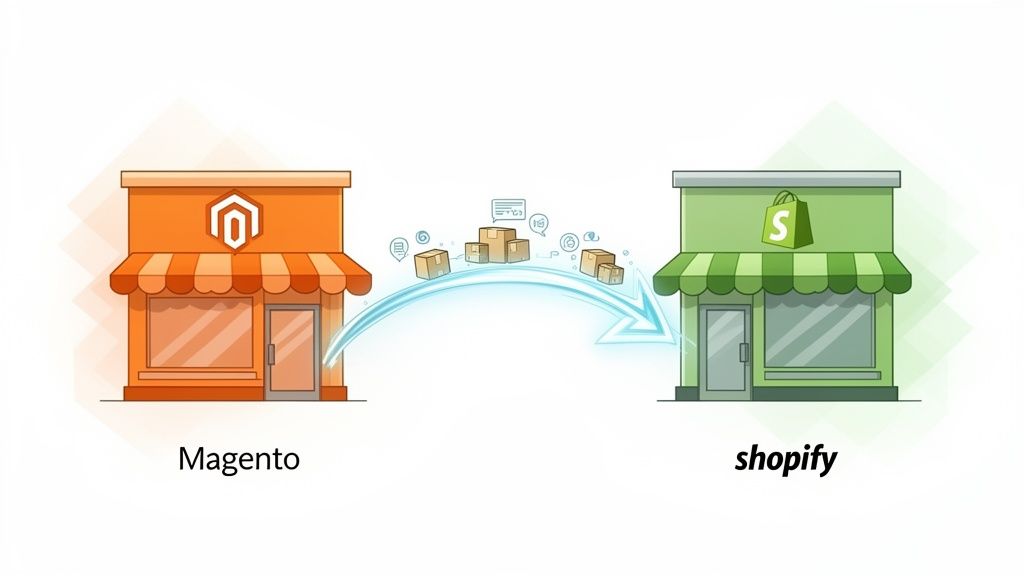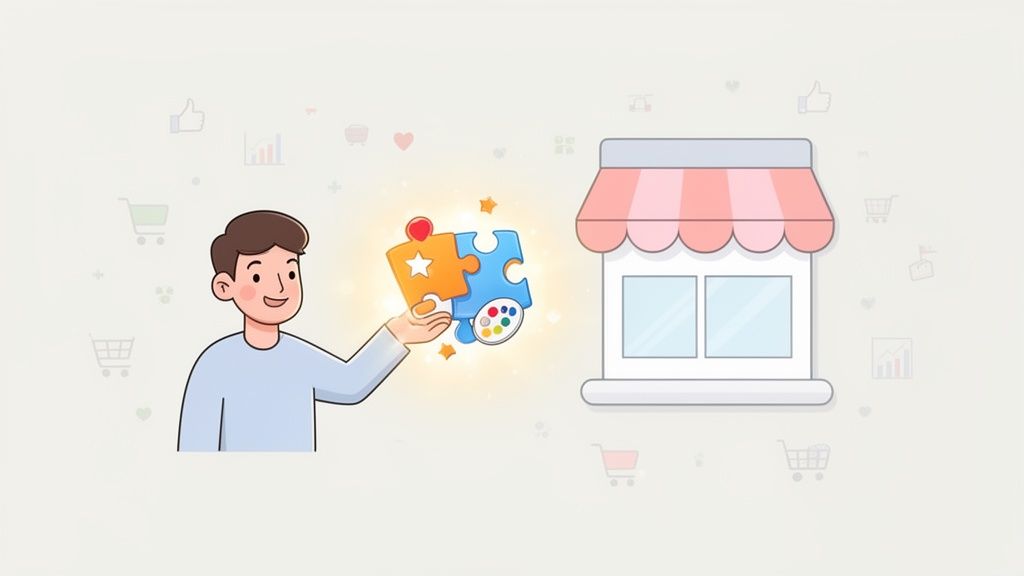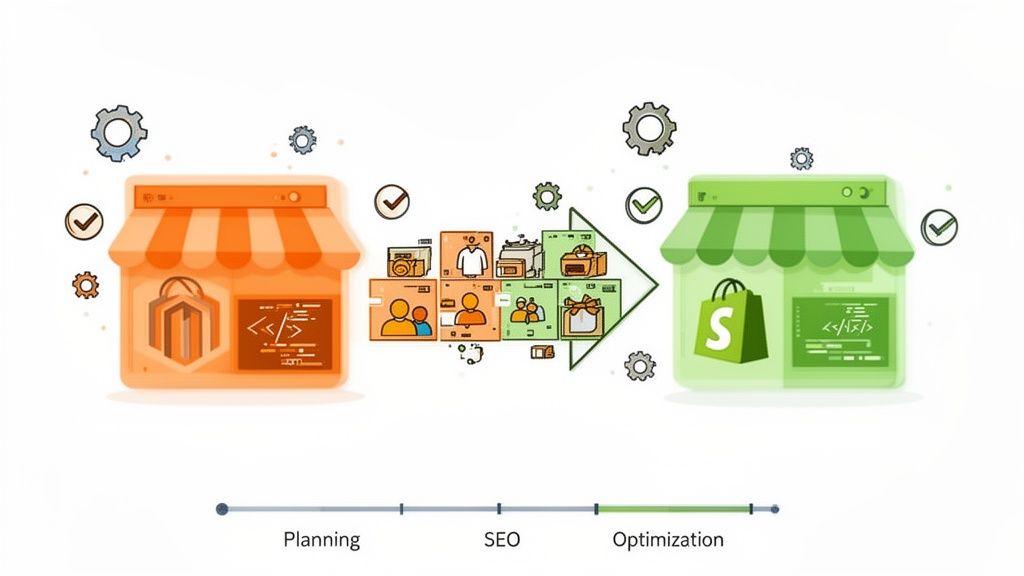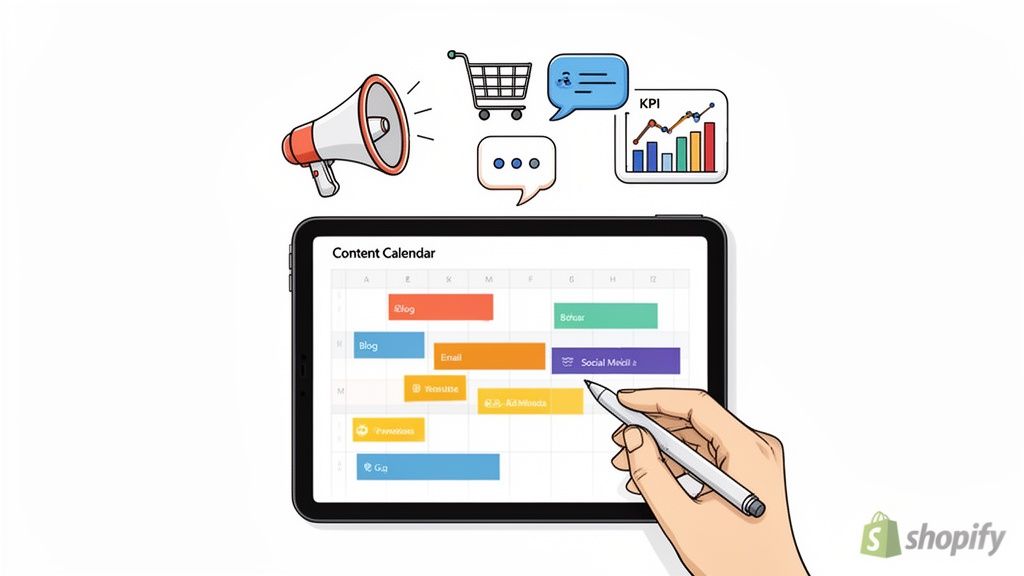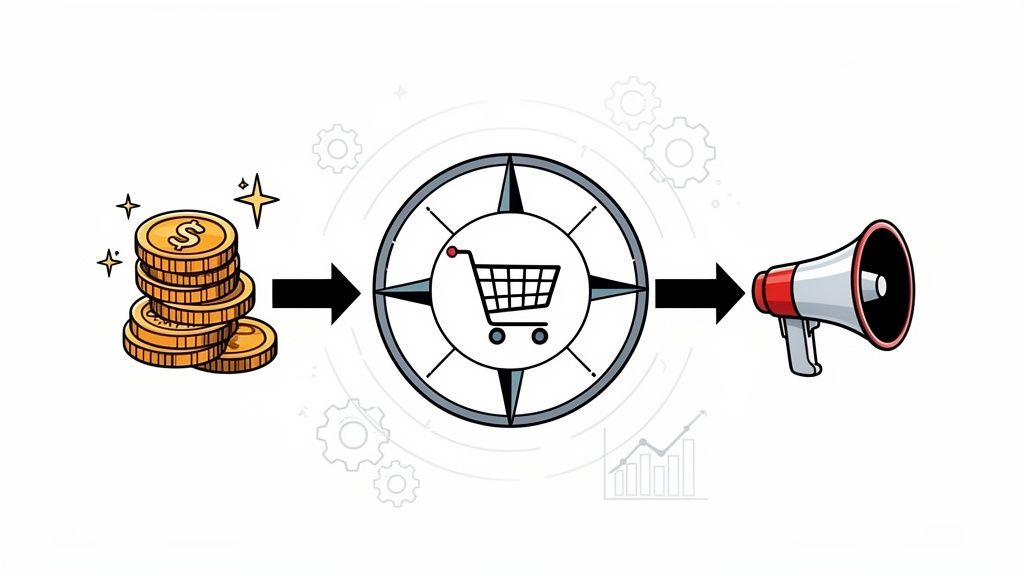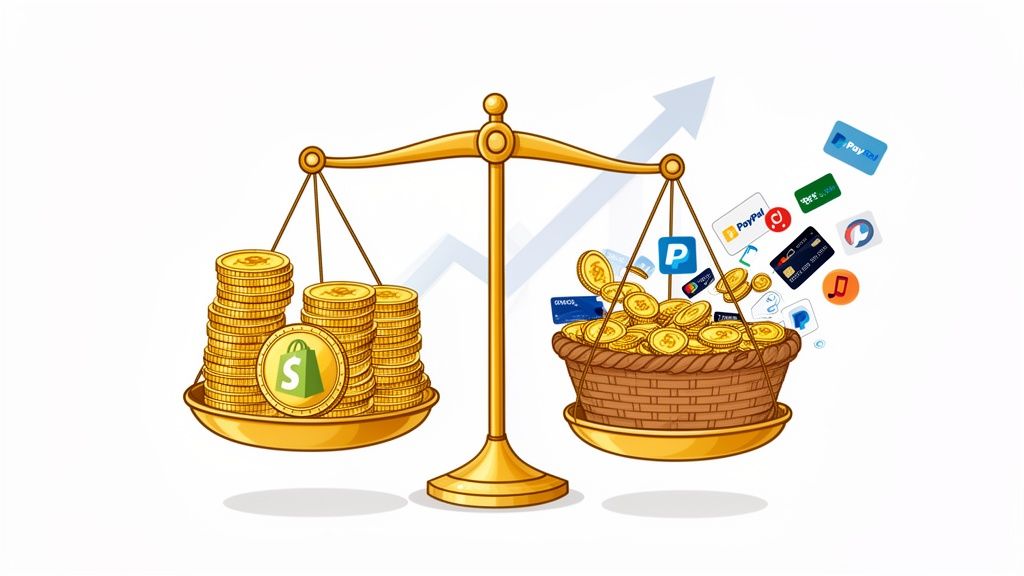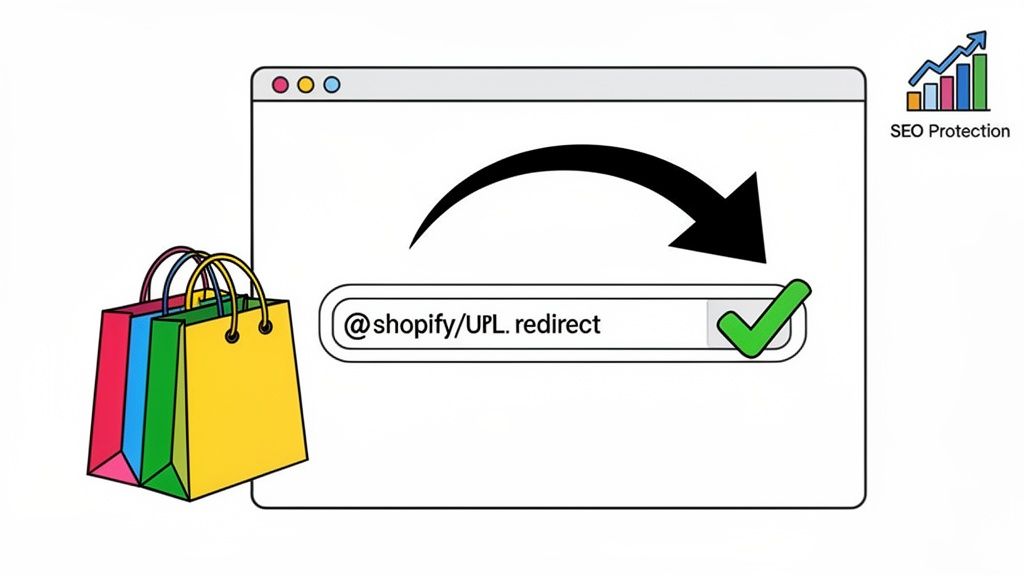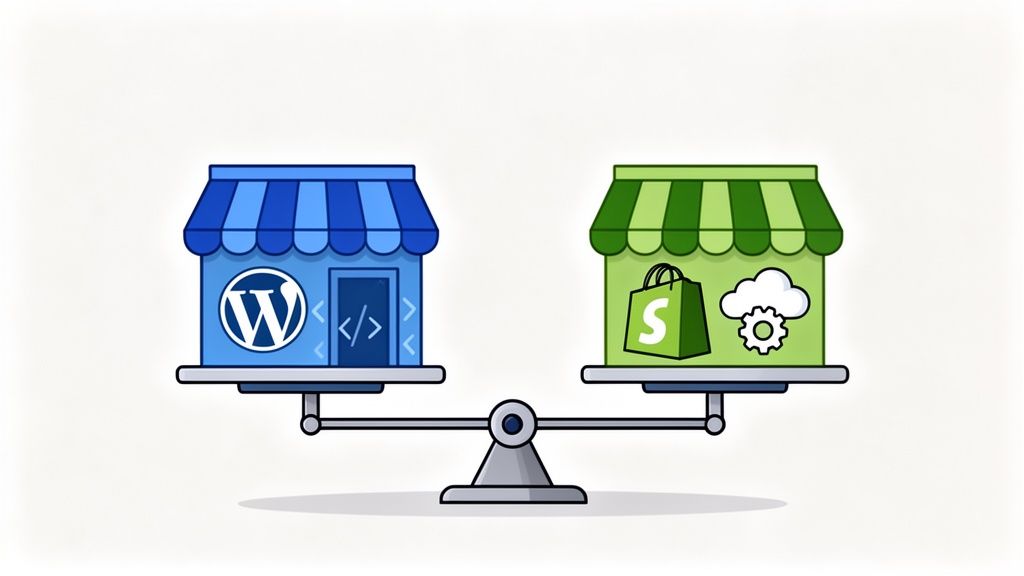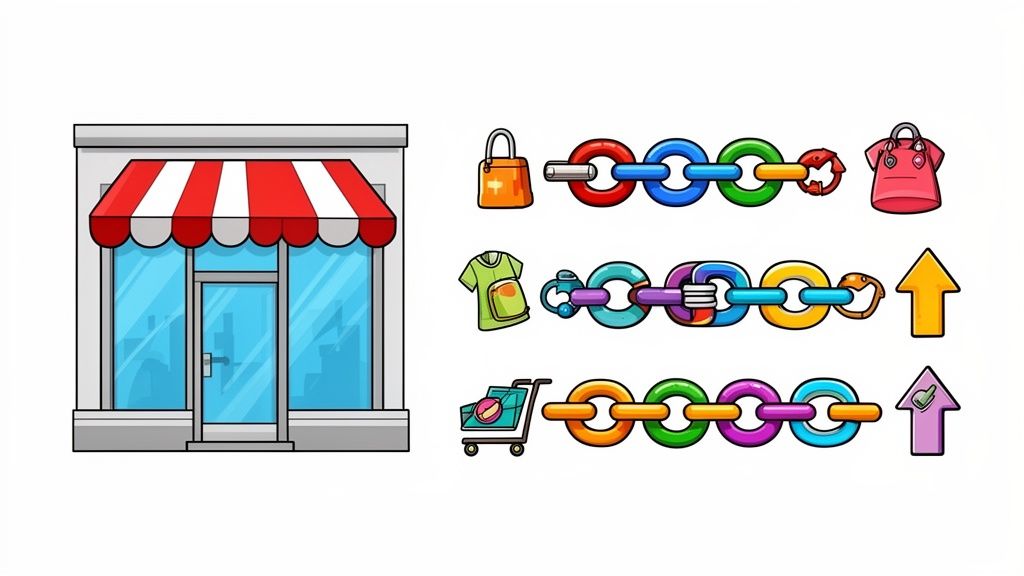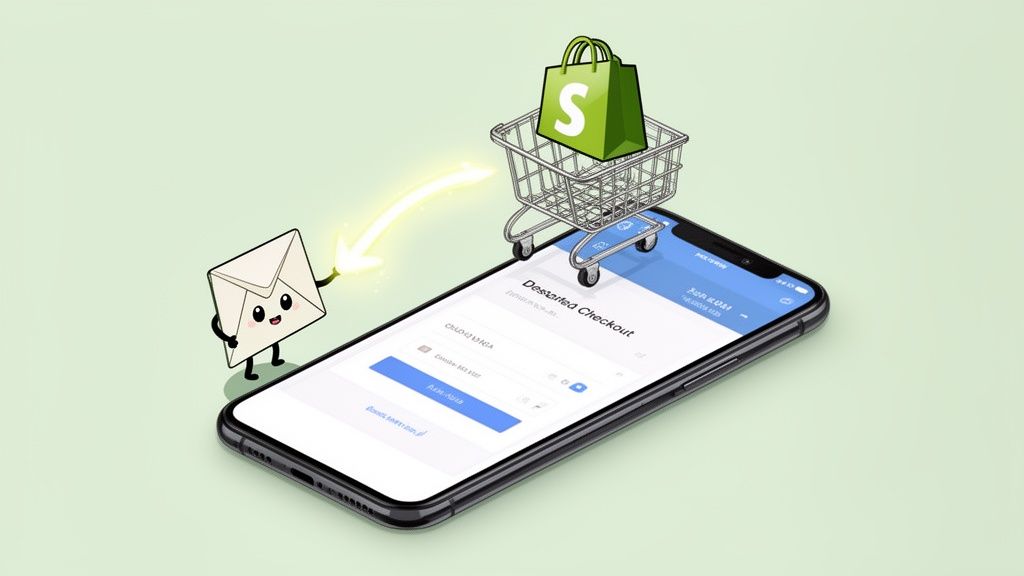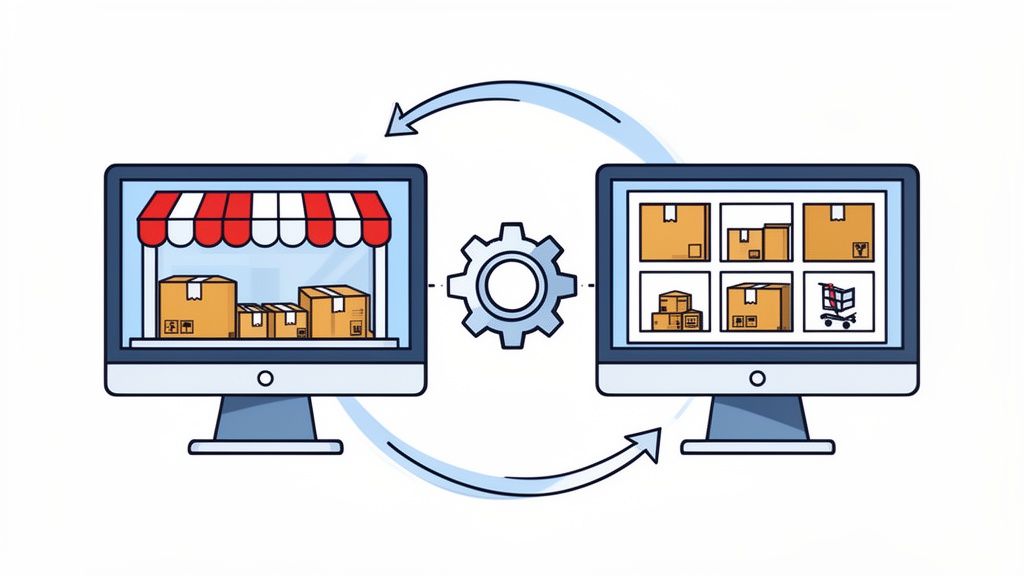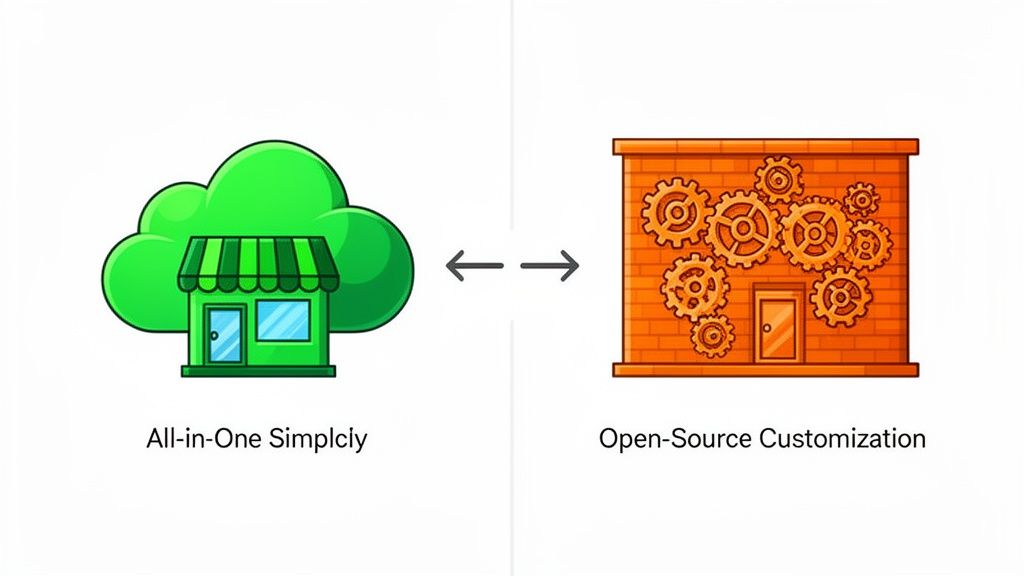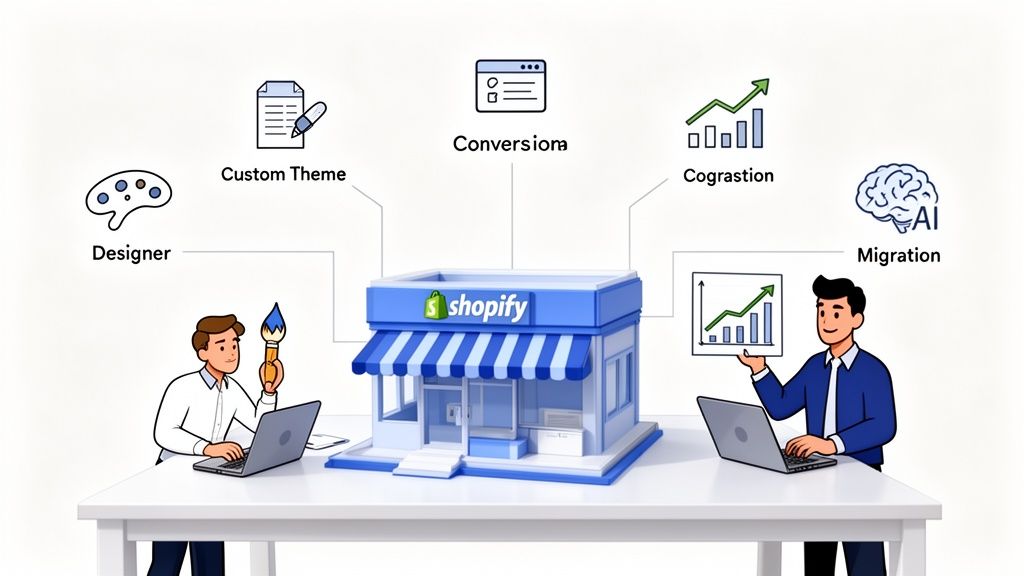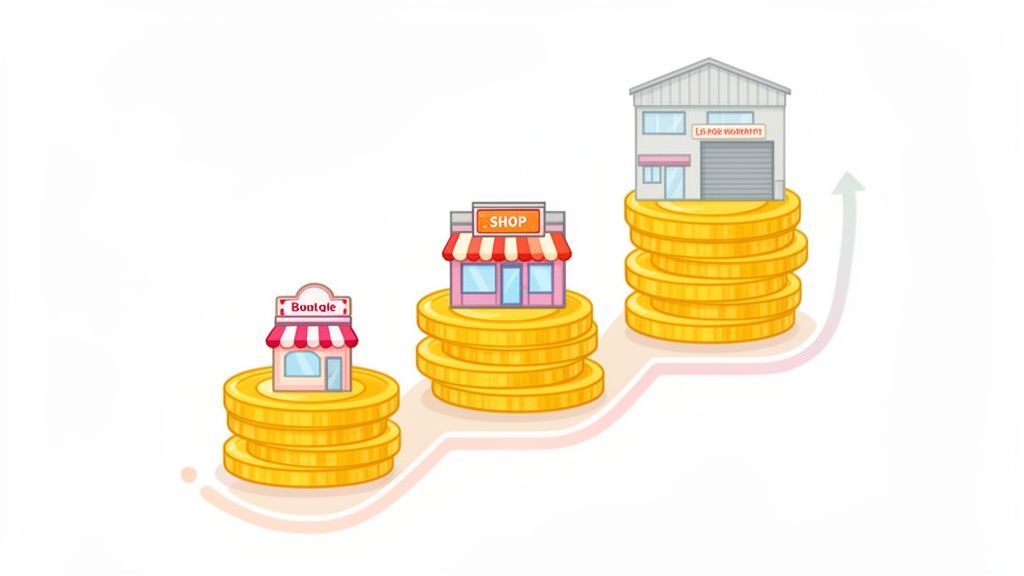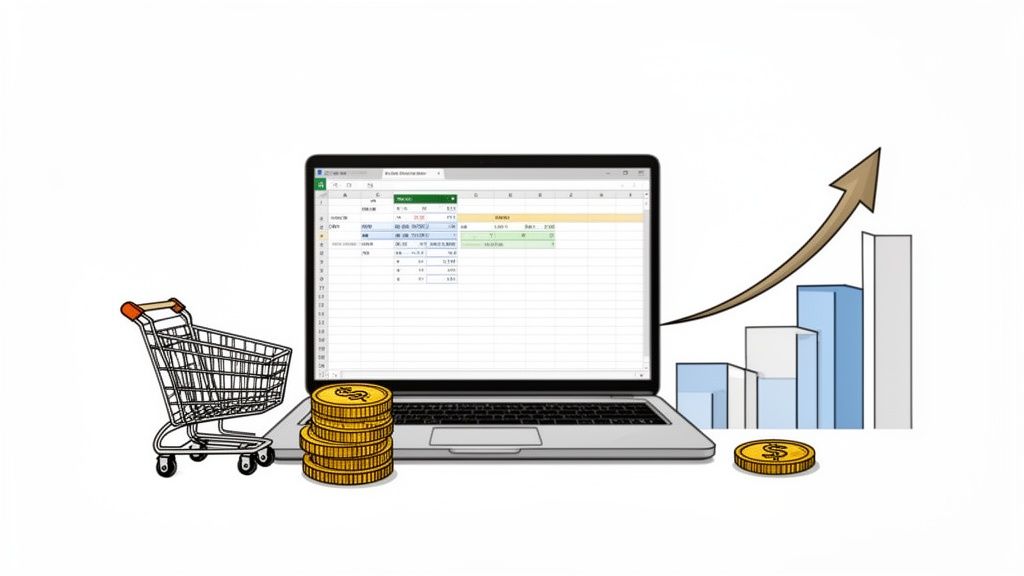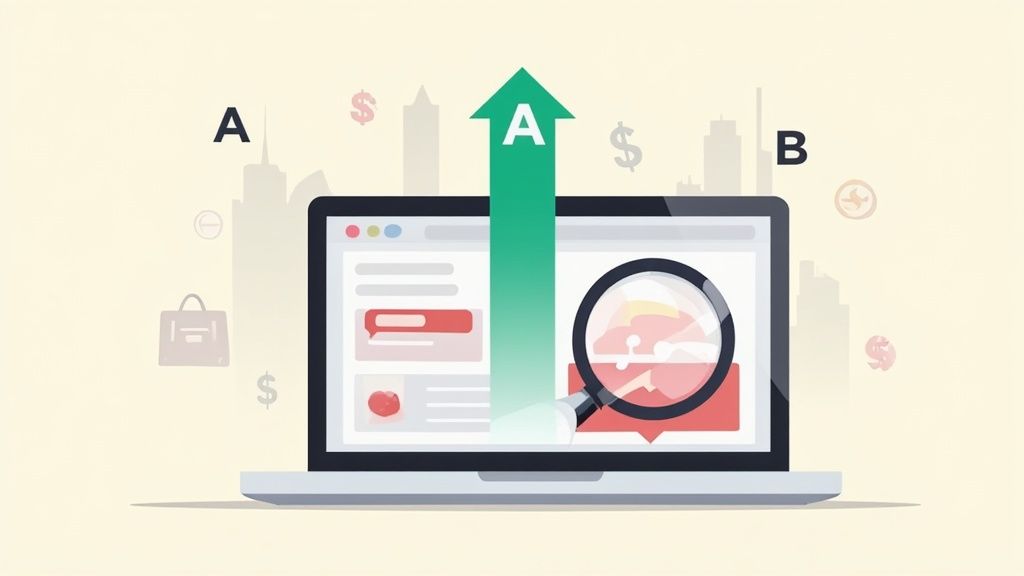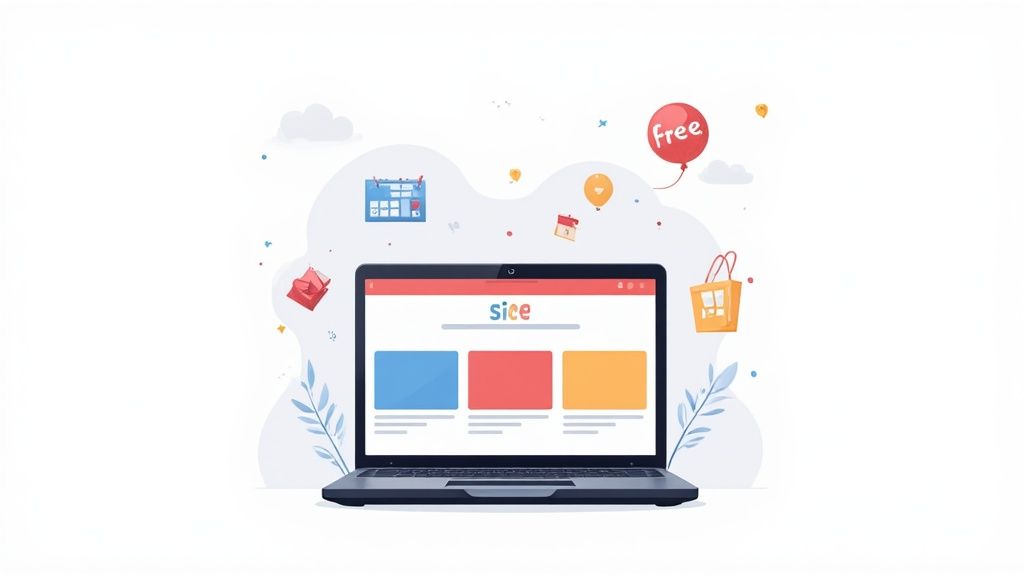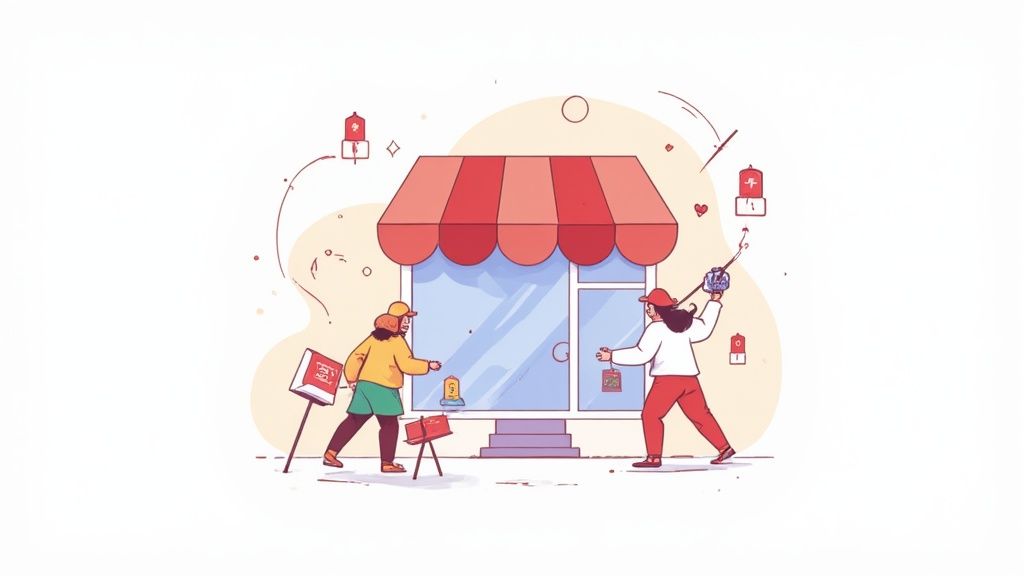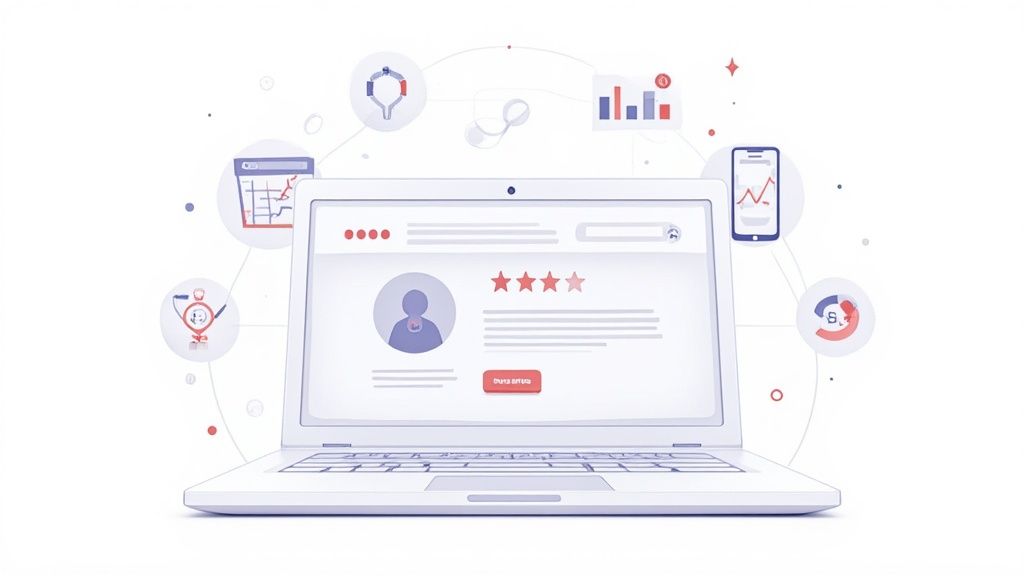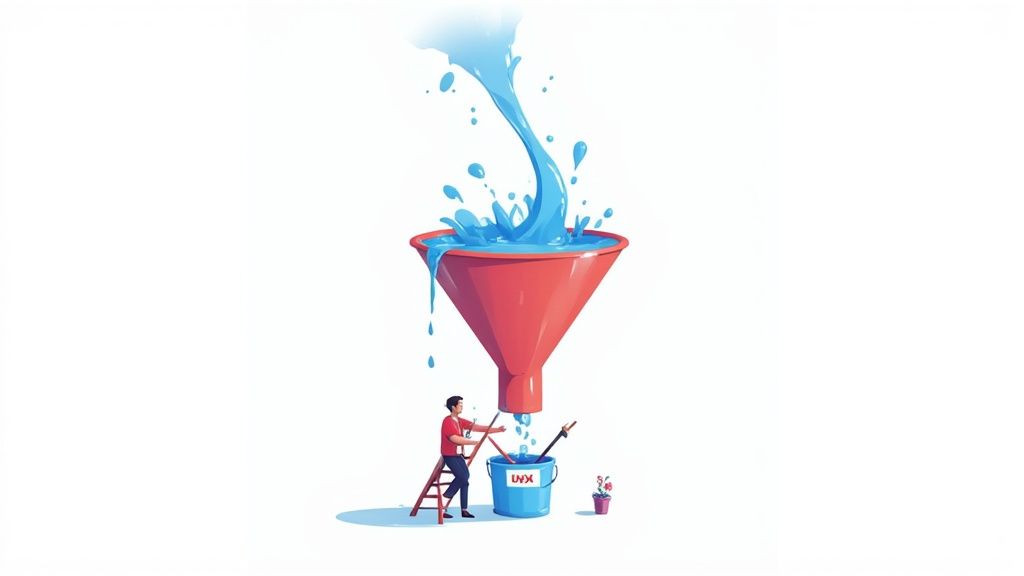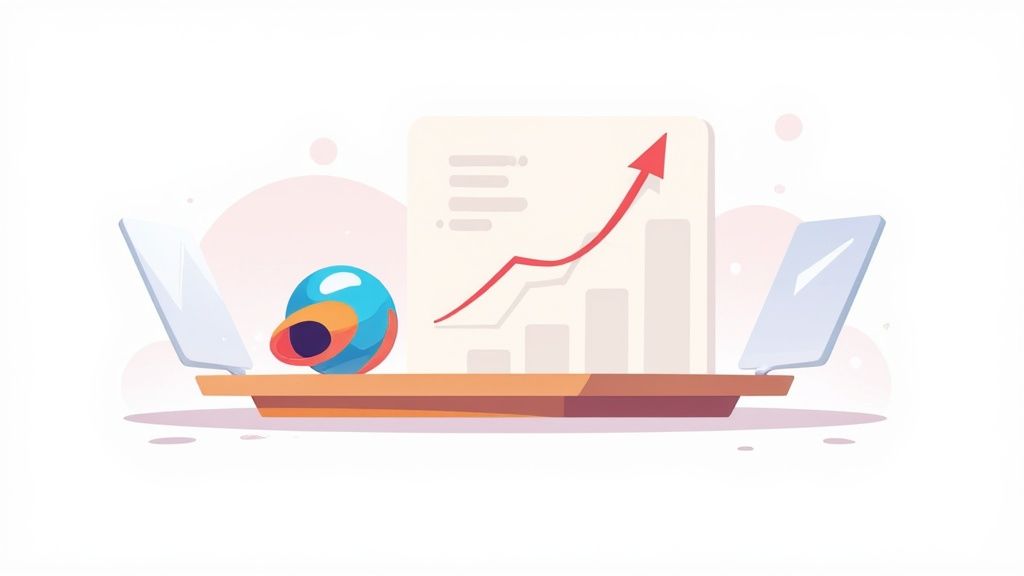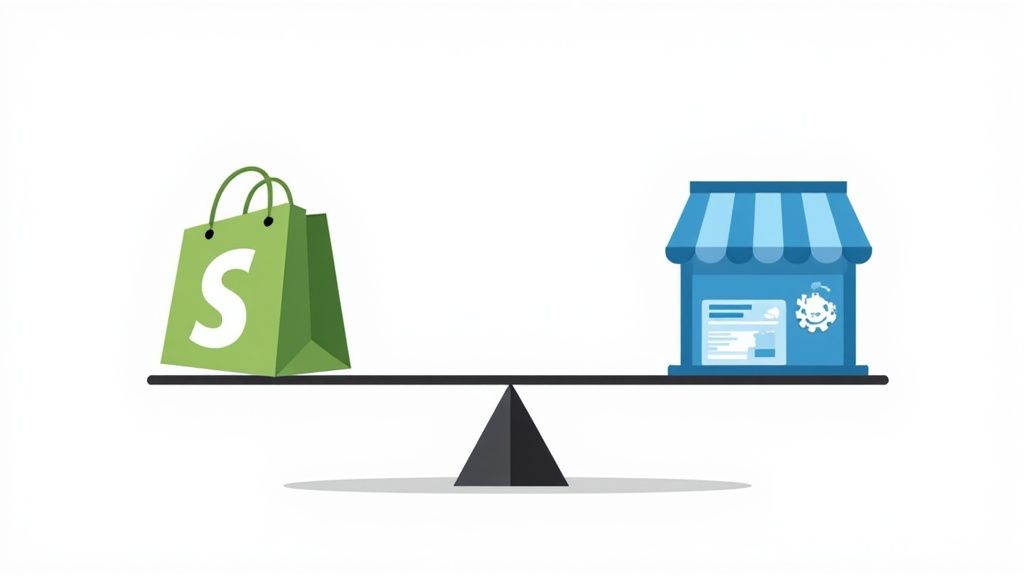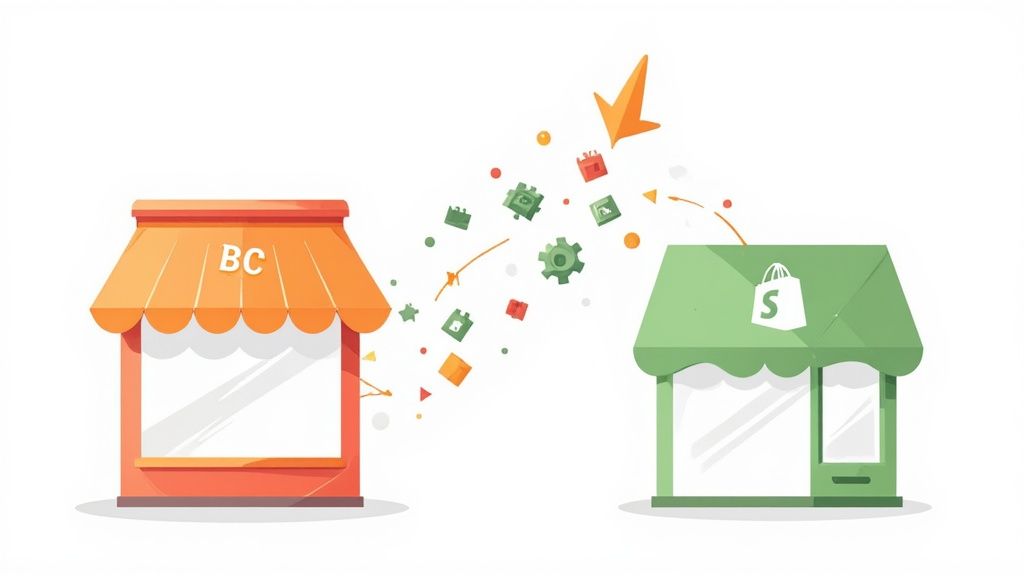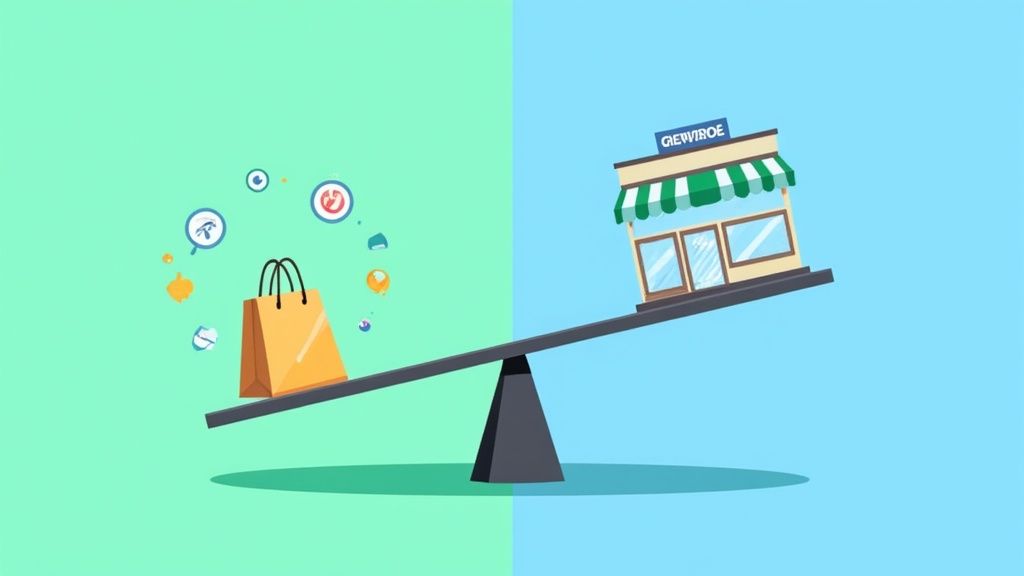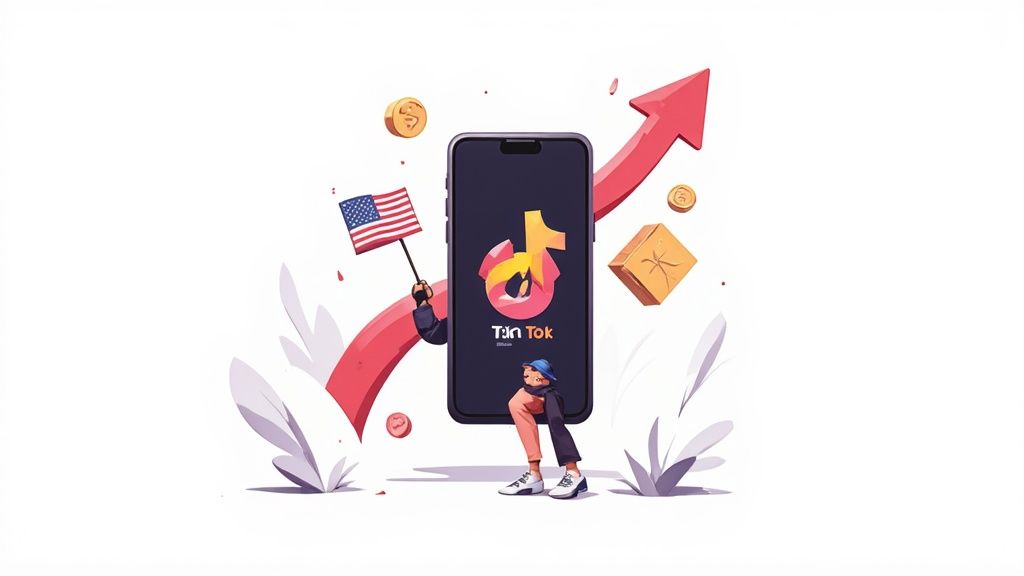
The popularity of the Shopify platform has been rising over time. Shopify is now used by 3.02% of the top 100,000 websites and 4.24 of the top 10,000 websites.
Therefore, we wanted to share the procedure we use when helping our clients with typical SEO improvements. The information in the instructions below should describe some typical changes we make to Shopify stores.
What is Shopify SEO?
Shopify SEO is a set of SEO adjustments that are unique to the Shopify platform. While Shopify stores include a blog and the ability to redirect, these features can potentially lead to SEO problems like duplicate content. The following are a few of the most popular Shopify SEO suggestions:
• Remove duplicate URLs from the internal linking architecture
• Remove duplicate paginated URLs
• Create blog content for keywords with informational intent
• Add “Product,” “Article,” & “BreadcrumbList” structured data
• Determine how to handle product variant pages
• Compress images using crush.pics
• Remove unnecessary Shopify apps
We’ll go into how we handle each of these recommendations below:
Duplicate content
When it comes to SEO, duplicate content is by far Shopify's top concern. Duplicate content occurs when the same or nearly identical content appears on two separate URLs. This presents issues since it may be difficult for search engines to determine which of the two pages should be the canonical version. Furthermore, link signals are frequently scattered across different pages.
We’ve seen Shopify create duplicate content in several different ways:
• Duplicate product pages
• Duplicate collections pages through pagination
Duplicate product pages
Shopify creates this issue within their product pages. By default, Shopify stores allow their /products/ pages to render at two different URL paths:
• Canonical URL path: /products/
• Non-canonical URL path: /collections/.*/products/
Duplicate collections pages
Additionally, we've observed a lot of Shopify websites that use the pagination feature to produce duplicate material. More specifically, the first collections page of a specific series is duplicated. This is because once you're on a paginated URL in a series, the link to the first page will contain “?page=1”
However, this will almost always be a duplicate page. A URL with “?page=1” will almost always contain the same content as the original non-parameterized URL. Once more, we advise having a developer modify the internal linking structure such that the canonical page is the first result in pagination.
Keyword research
The keyword analysis you conduct for Shopify stores will be quite similar to the analysis you conduct for other e-commerce companies. Here are a few typical methods for creating keywords:
• Export your keyword data from Google AdWords. Track and optimize for those that generate the most revenue for the site.
• Research your AdWords keywords that have high conversion rates. Even if the volume is lower, a high conversion rate indicates that this keyword is more transactional.
• Review the keywords the site currently gets clicks/impressions for in Google Search Console.
• Research your high-priority keywords and generate new ideas using Moz’s Keyword Explorer.
• Run your competitors through tools like Ahrefs. Using the “Content Gap” report, you can find keyword opportunities where competitor sites are ranking but yours is not.
• If you have keywords that use similar modifiers, you can use MergeWords to automatically generate a large variety of keyword variations.
Keyword optimization
Shopify offers similar optimization options to Yoast SEO for important parts including title tags, meta descriptions, and URLs. You want to incorporate your target keywords into these elements whenever you can.
Adding content to product pages
If you choose to index each product separately, you should ideally add original content to each page. Your Shopify products might not have any original on-page content attached to them at first. For Shopify stores, this is a typical problem because many times the same descriptions are used for various products or there are no descriptions at all. Your products will have the best chance of ranking in the SERPs if you include product descriptions that follow on-page best practices.
Apps
Shopify offers "Apps" that, like WordPress plugins, let you add sophisticated functionality to your website without having to manually edit the code. The majority of Shopify Apps, in contrast to WordPress, is paid. There will be a one-time or ongoing cost for this.
Shopify apps for SEO
These Shopify apps can help your site's SEO, though your best bet is probably to work with a developer who is familiar with Shopify.
• Crush.pics: A great automated way of compressing large image files. Crucial for most Shopify sites as many of these sites are heavily image-based.
• Schema App Total Schema Markup: This app may be used if you do not have a Shopify developer who is able to add custom structured data to your site.
• Smart SEO: An app that can add meta tags, alt tags, & JSON-LD
• Yotpo Reviews: This app can help you add product reviews to your site, making your content eligible for rich review stars in the SERPs.
• Rewind Backups: Creates backups of your site. Great to implement before making development changes or adding redirects.
Limiting your Shopify apps
Shopify apps provide more code to your website in a manner similar to WordPress plugins. This means that increasing the number of apps on the site may cause it to load slowly. As many apps are geared toward enhancing conversions, Shopify sites are particularly prone to bloat. These apps frequently increase the number of JavaScript and CSS files, which slows down website load speeds. Make sure to routinely evaluate the applications you're utilizing and get rid of those that aren't useful or getting the site any use.
Understanding the SEO ramifications of the Shopify platform will become more crucial as usage of the platform rises. Hopefully, this post has given you more information that will help your Shopify store perform better in search results. You can always ask our team for assistance if you don't yet have enough experience setting up a Shopify store.






